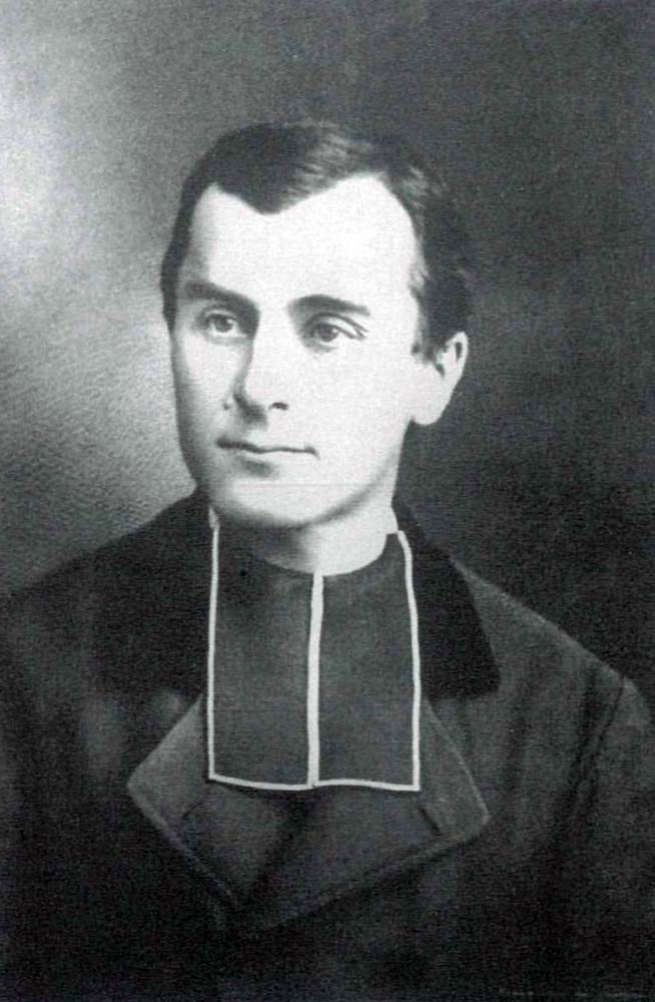In the presence of Archbishop Thibault Verny, archbishop of Chambéry and bishop of Maurienne and Tarantaise, Rev. Jean-Francois Chiron, Episcopal Delegate, Rev. Michel Euler, Promoter of Justice, Ms. Marie-Caroline Suchon, Notary, Dr. Maurizio Bruni, Medical Expert, Deacon Luciano Griggio, Preservation Technician, Fr Pierluigi Cameroni, Postulator of the Cause, Rev. Paul Ripaud and Mr. Gabriel Tardy, witnesses, the canonical recognition of the mortal remains of the Venerable Camille Costa de Beauregard (1841-1910) diocesan priest and founder of the Bocage Work was carried out. The chancellor, Fr Yvan Caporizzo, acted as a notary.
Members of the Costa De Beauregard Family, the Bocage Foundation, and the "Amis de Camille Costa de Beauregard" Committee were also present.
“Relics in the Church have always received particular veneration and attention because the body of the Blesseds and Saints, destined for resurrection, has been on earth the living temple of the Holy Spirit and the instrument of their holiness, recognised by the Apostolic See through beatification and canonisation… A similar discipline is also applied to the mortal remains (exuviae) of Servants of God and Venerables whose Causes of beatification and canonisation are in progress. Until they are raised to the honours of the altars through beatification or canonisation, their mortal remains cannot enjoy any public worship, nor those privileges that are reserved only for the body of those who have been beatified or canonised." (From the Instruction, Relics in the Church: Authenticity and Preservation, 2017).
Therefore, the reasons why canonical recognition is carried out are to ascertain the identity of the body and thus ensure that the relics of the saint (or blessed or venerable) are authentic; secondly, to ascertain the state of preservation of the remains to provide for interventions with a view to good preservation; finally, the possibility of removing some small parts of the body for the preparation of relics.
Camille Costa de Beauregard was a father, educator and defender of orphans. He had a noble heart capable of loving those who were cast out and wounded by life and giving them reasons and hope for life, inspired by Don Bosco's Preventive System. “When we call you ‘our children,’ we truly have a father's deep affection and complete dedication to his children. And when you call me 'Father', you truly have in the depths of your heart the respect, affection and confidence that a son has for his father. ”


